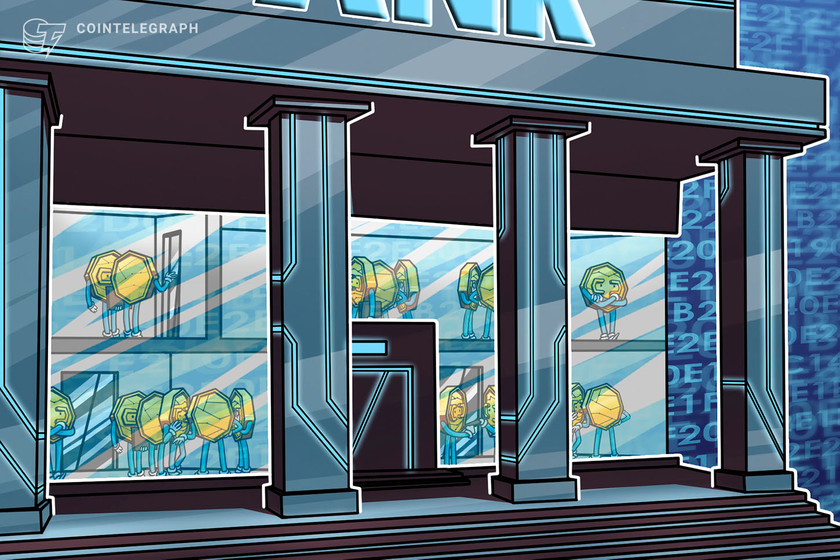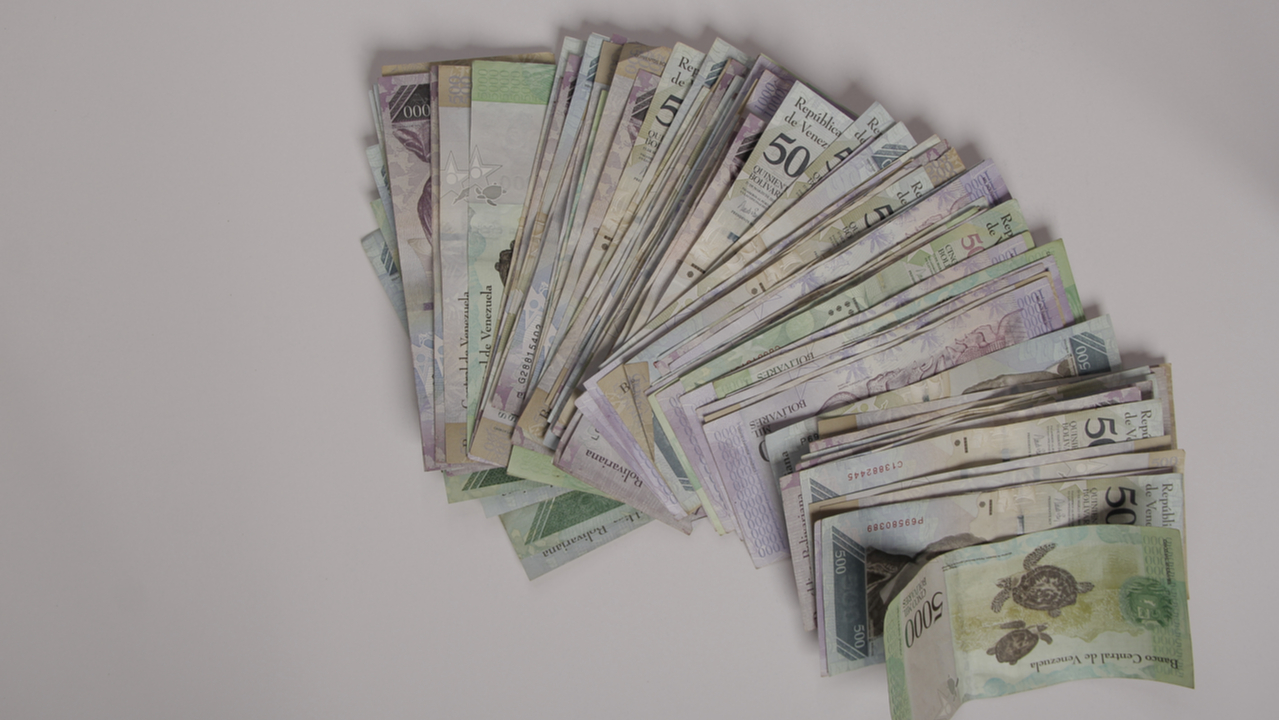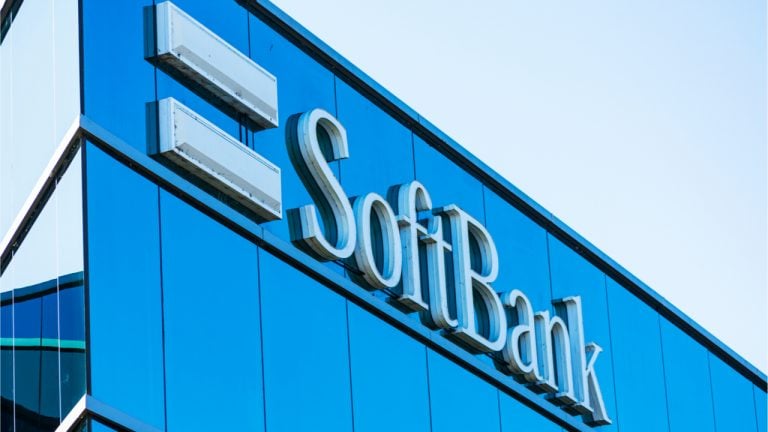
The president of Peru’s central bank has indicated that the country will be joining forces with India, Singapore, and Hong Kong to develop its own central bank digital currency.
The president of the Central Reserve Bank of Peru Julio Velarde announced that his country will be entering the global race to develop a Central Bank Digital Currency (CBDC).
At the Annual Conference of Executives (CADE) with business leaders in Lima on Nov. 16 he said:
“I think the payment system we are going to have eight years from now in the world is going to be completely different from the current one… Even the financial system will probably be quite different.”
Velarde stated that Peru will partner with the central banks of countries more advanced in their development of CBDCs including India, Singapore, and Hong Kong. A CBDC is a digital form of a country’s fiat currency, issued and controlled by the respective nation’s central bank.
"We won’t be the first, because we don't have the resources to be first and face those risks," Velarde said, "But we don't want to fall behind. We are at least at the same level or maybe even further ahead than similarly-sized countries, although behind Mexico and Brazil."
According to Atlantic Council, 87 countries (representing more than 90% of global GDP) are now researching a CBDC, and seven have launched one. Comparatively, in May 2020, only 35 countries were considering developing a CBDC.
Although it doesn’t have a CBDC, El Salvador’s adoption of Bitcoin as a legal tender on Sept. 7 has put a renewed focus on digital assets in the region.
Mexico and Brazil are planning to implement CBDCs sometime before 2023, and the Bahamas already has a Sand Dollar CBDC.
As for Peru’s upcoming CBDC development partners, the Reserve Bank of India plans to launch a trial implementation of the digital rupee before the end of the year, but it is also taking its time to ensure the rollout goes smoothly.
“We are being extremely careful about it because it’s a completely new product, not just for RBI but globally,” Governor of the Reserve Bank of India Shaktikanta Das told CNBC in August.
Related: U.S. is not moving fast enough to develop a CBDC, says former CFTC chair
Hong Kong’s Monetary Authority (HKMA) continues to explore the possibility of introducing a digital Hong Kong dollar (e-HKD) in a bid to capitalize on potential benefits for retail trading across the city’s cross-border markets.
The Monetary Authority of Singapore (MAS) has also shared plans for a privately-developed retail CBDC under its “Project Orchid initiative.” They are all racing to catch up with China however, which now has processed a total of 62 billion digital yuan according to PBoC’s digital currency head.









